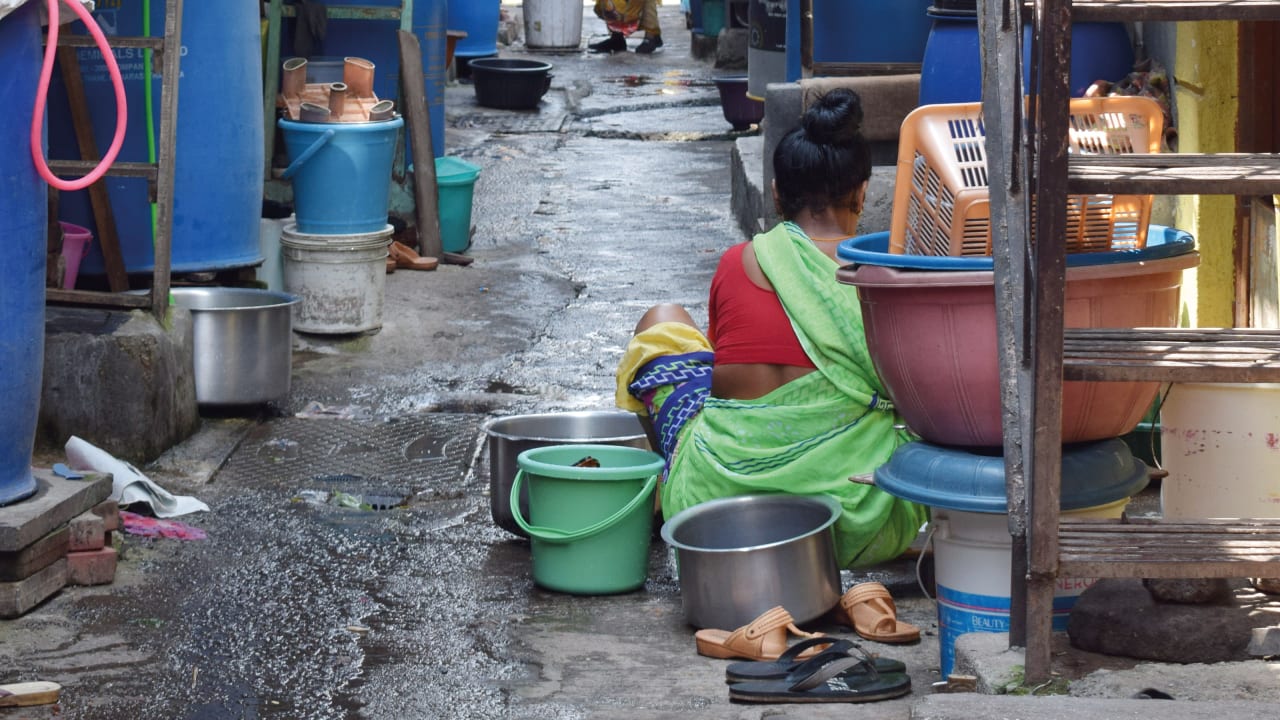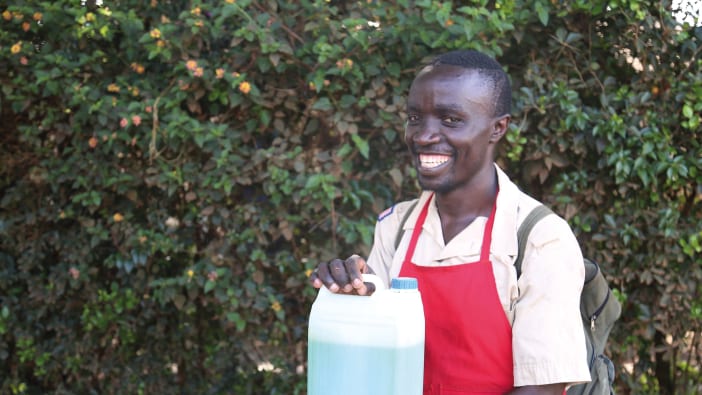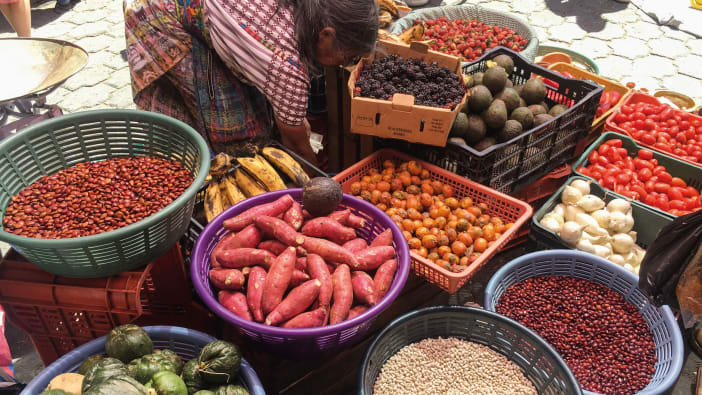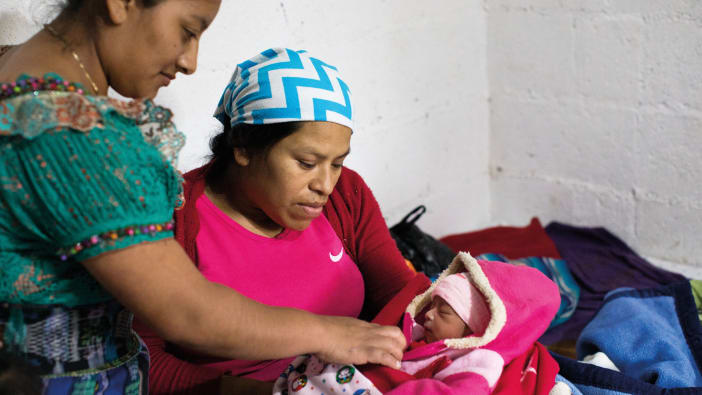Nutrition
We identified that poor nutrition was a major barrier to Sukanta’s recovery, both physical and psychological. We encouraged her to eat healthily, discussing the benefits of a balanced diet. We connected her with the local anganwadi (government childcare centre) and organised for a partner organisation to send food. However, Sukanta remained weak and family conflicts reduced her desire to cook.
We then asked a Community Mental Health Volunteer (CMHV) to help prepare food for the family. CMHVs are peers who help vulnerable members of their community to socialise and feel more included. The CMHV paid regular visits to Sukanta providing companionship and emotional support, and motivating her to take care of herself.
Relationships
It was important to address the violence that Sukanta and her son were experiencing. Her husband was upset with his HIV diagnosis and had become dependent on alcohol to cope. Resentment between the family members prevented them from caring for themselves and each other. Sukanta appeared numb to the violence and refused to take legal action.
Maintaining our ethical commitment to respect her choice, we decided to adopt a combination of home-based counselling, arts-based therapies and self-care activities to increase her self-esteem and strengthen her ability to speak up against the violence. We sang spiritual and traditional songs with her to enhance feelings of peace and connection with her surroundings.
Medical care
We accompanied Sukanta to tuberculosis and HIV treatment clinics. Sukanta was admitted for special medical care multiple times, and each time we strongly encouraged her family to help. Eventually, they started to go with her to the hospital.
Regular interaction with the family helped them to learn care-giving skills and reminded them of their responsibility to look after Sukanta. Pressure on the family from neighbours to provide proper care also helped, as well as creating stronger social bonds.
Final years
As Sukanta began to improve, she started to take care of herself and her son. Following her husband’s death, we helped her to access a government pension and gain financial independence. By now, her parents-in-law were supporting her and her estranged son had returned. Her CMHV also continued to support her as a friend.
In this way, Sukanta’s circle of care changed, expanded and became more nurturing. As her support system grew, we began to step back. After several contented years, Sukanta passed away in June 2020.









